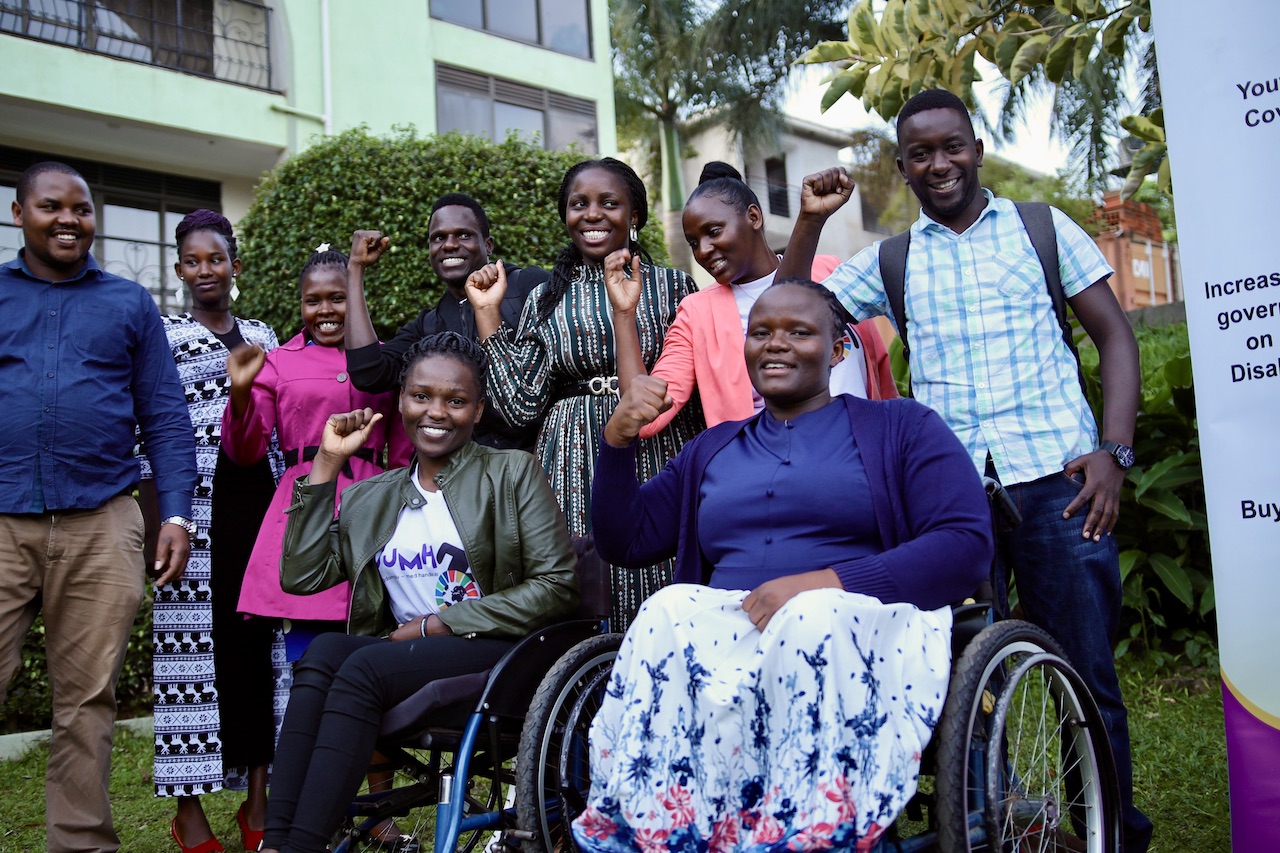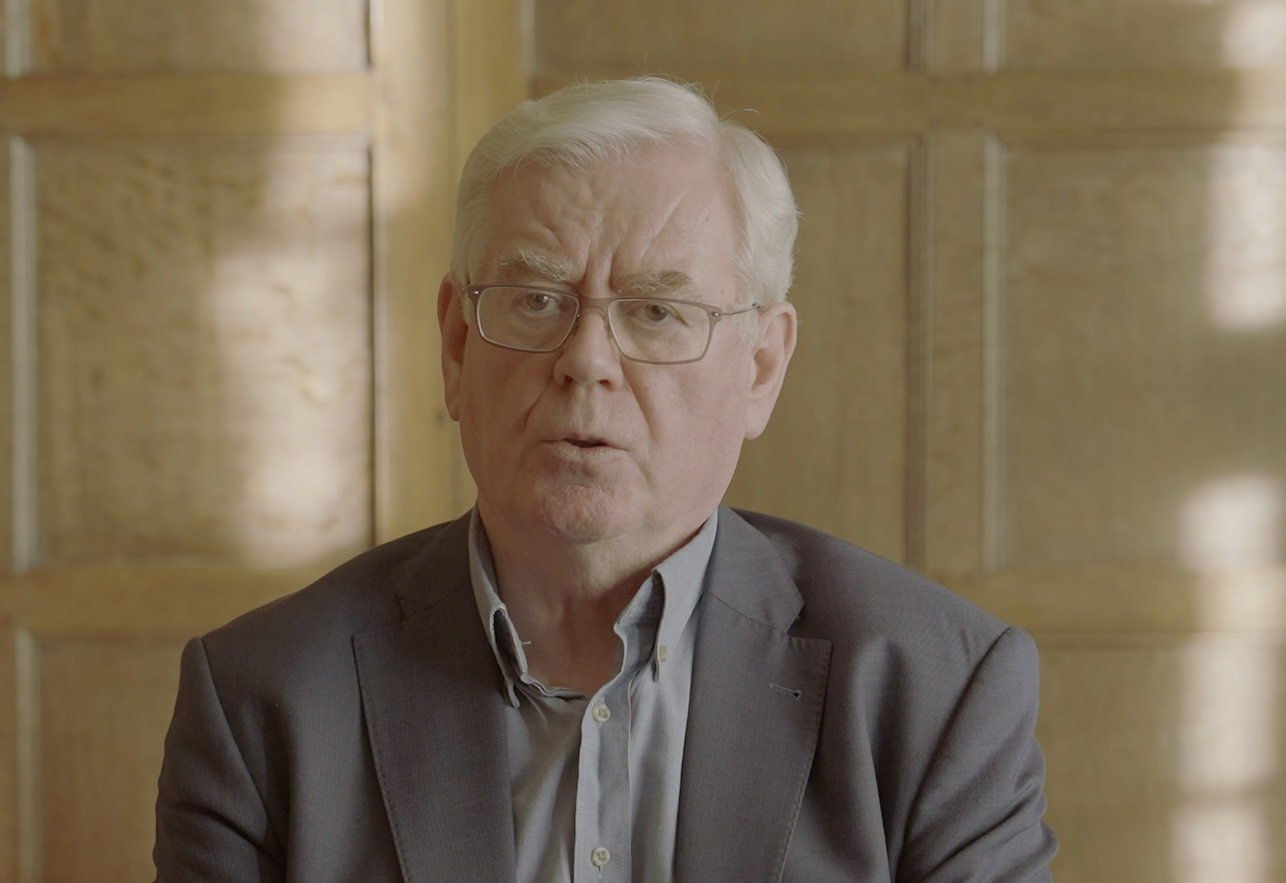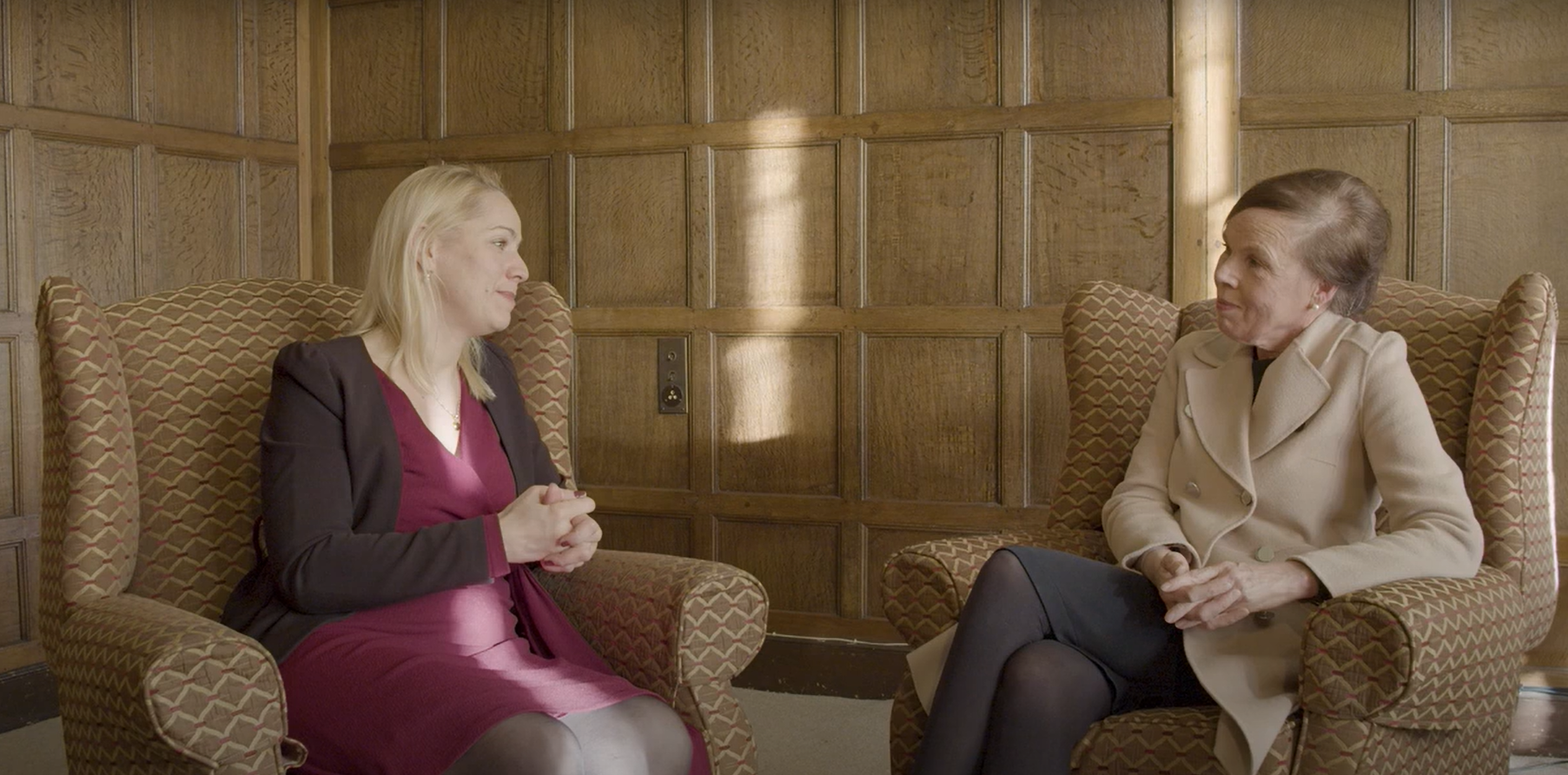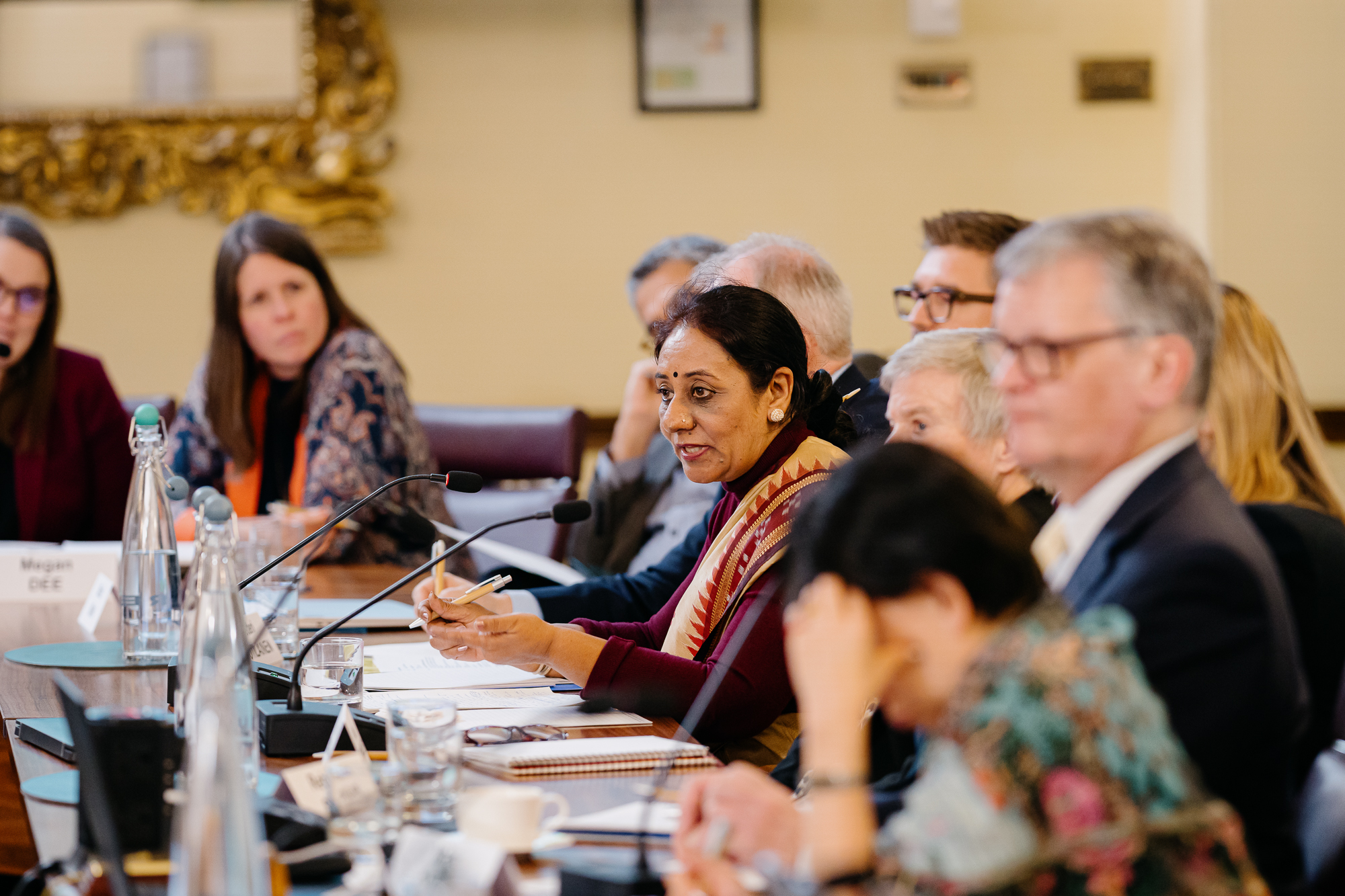Online technology and social media networks have enabled humanitarian agencies to become more effective, targeted and efficient in the delivery of assistance in conflict affected environments. The digital transformation has increased their capacity to respond more rapidly and flexibly to localised needs. This is manifested in multiple ways including the identification of early warning ‘hot-spots’, co-ordinated information campaigns, registration and documentation of vulnerable persons in crisis situations, simpler and more secure cash transfers, and increased connectivity with and amongst individuals, disrupted communities and families.
However, there are serious risks associated with the large-scale collection of personal information. Conflict zones are often highly contested digital spaces and an unwitting digital footprint may exacerbate insecurity. Misused, mishandled or misappropriated data could further damage the dignity and privacy of already vulnerable people.
The Wilton Park conference, to be held in partnership with the International Committee of the Red Cross (ICRC) will convene up to 55 experts from a range of disciplines to consider the implications of digital technology for individuals affected by armed conflict. Building on an existing body of work, including the ICRC’s 2017 Handbook on Data Protection in Humanitarian Action and the December 2018 symposium, the discussion will focus on human dignity in the context of the digital environment, with particular regard to the risks to the digital dignity of individuals and the attendant responsibilities of humanitarian agencies to ‘Do No Digital Harm’.
Background reading












